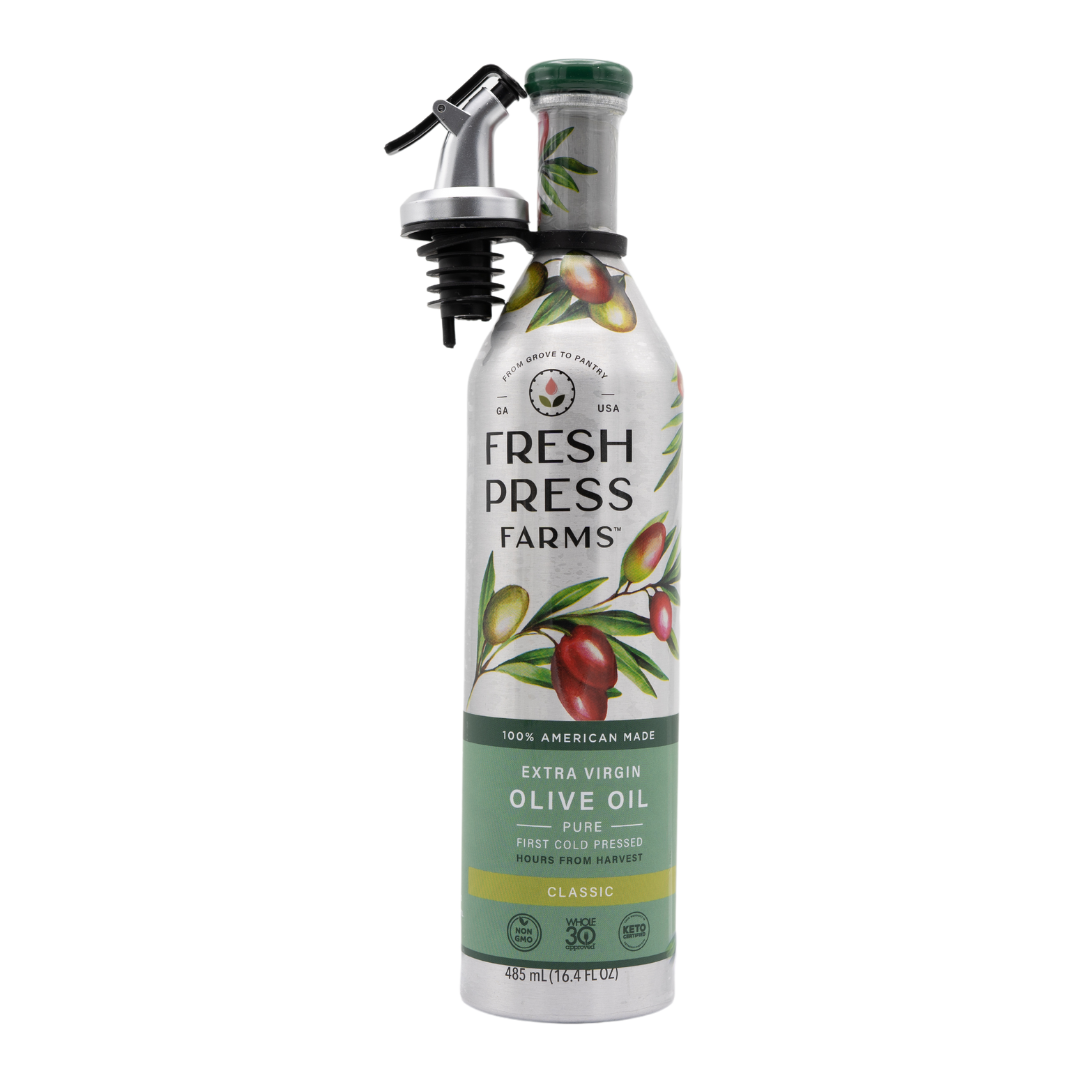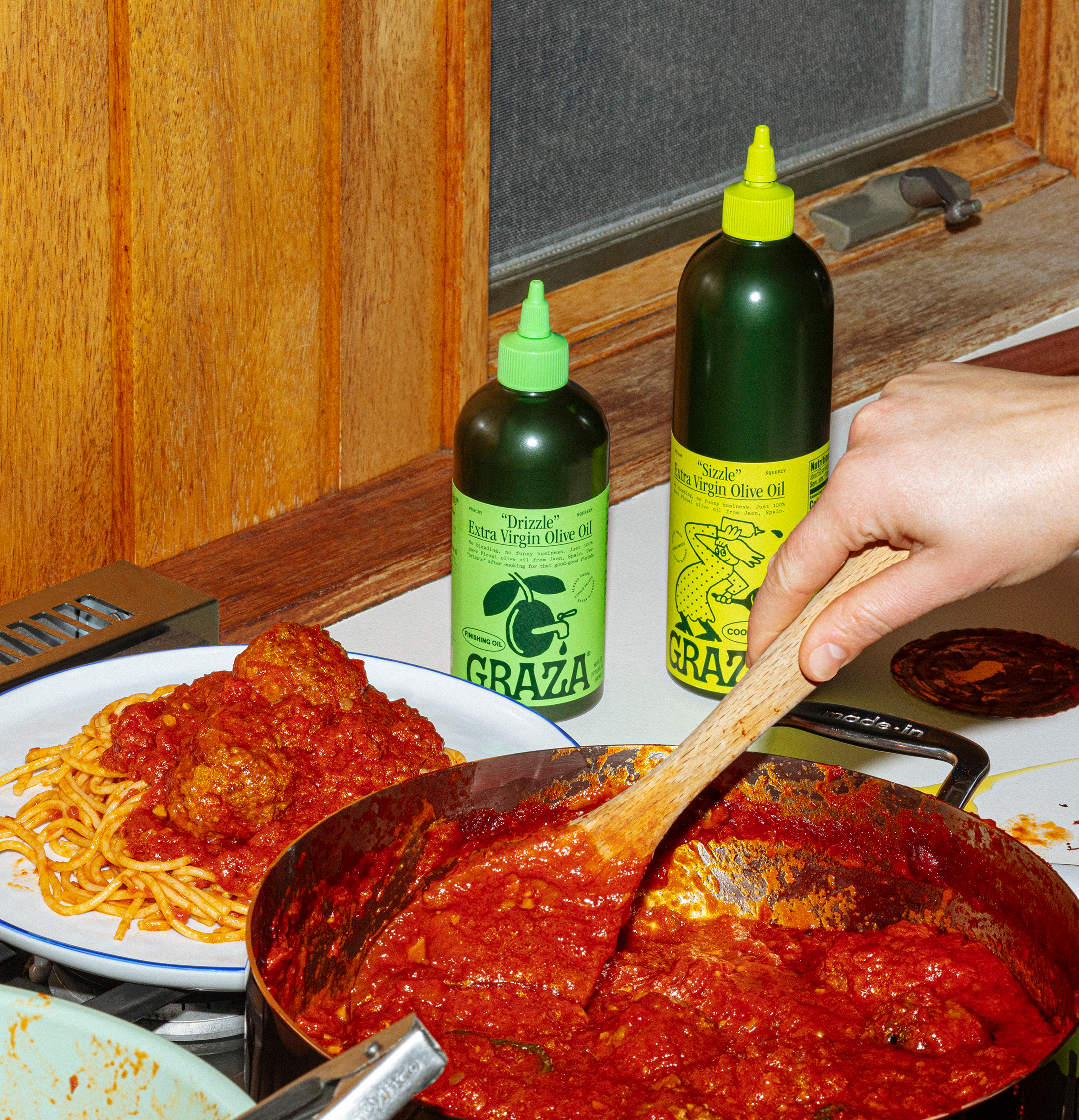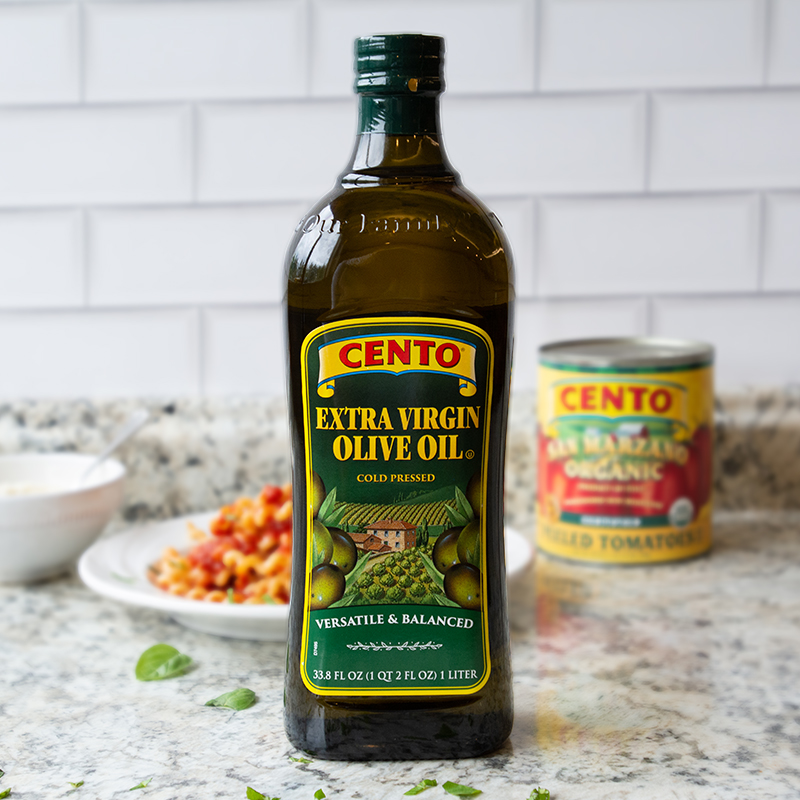Extra Virgin Olive Oil Benefits: A Natural Way to Reduce Inflammation
Extra Virgin Olive Oil Benefits: A Natural Way to Reduce Inflammation
Blog Article
Exploring the Various Kinds Of Olive Oil and Their Uses, Including Bonus Virgin Olive Oil
The exploration of olive oil encompasses a varied variety of kinds, each offering unique flavors and cooking applications. Extra virgin olive oil, renowned for its superior top quality and health and wellness advantages, works as a staple in many cooking areas, yet it is just one facet of this multifaceted ingredient. extra virgin olive oil benefits. Various other ranges, such as pure and polished olive oils, also necessitate interest for their unique properties and usages. Understanding these differences can significantly influence both cooking methods and taste profiles. What, after that, should one consider when choosing the appropriate olive oil for a particular cooking venture?
What Is Olive Oil?
Originated from the fruit of the olive tree, olive oil is a staple in Mediterranean cuisine and a crucial component in various culinary applications. This flexible oil is created by pushing whole olives, resulting in a liquid that varies in flavor, shade, and fragrance depending upon the sort of olives made use of, the area of cultivation, and the extraction process. Olive oil is primarily made up of monounsaturated fats, especially oleic acid, which is recognized for its possible health benefits, including anti-inflammatory homes and cardio support.
Along with its culinary uses, olive oil has a long history of application in traditional medicine and skin care, owing to its rich antioxidant content (extra virgin olive oil benefits). The oil is frequently made use of in dressings, sauces, and for cooking methods such as sautéing and roasting. Its unique flavor profile can enhance the taste of numerous recipes, making it a vital ingredient for both home chefs and professional chefs
Furthermore, olive oil is celebrated for its role in the Mediterranean diet regimen, which is related to countless wellness advantages. As awareness of these benefits expands, olive oil remains to acquire appeal worldwide as a basic element of a healthy way of life.
Sorts Of Olive Oil
Understanding the different sorts of olive oil is vital for both health-conscious customers and culinary lovers. Olive oil is categorized mostly based upon its extraction technique and high quality, which significantly influences its health and wellness, scent, and flavor advantages.

Light olive oil, in spite of its name, refers to a lighter taste and not reduced calories. It is suitable for those seeking a more subtle preference in dressings and marinates. Additionally, there are flavorful olive oils instilled with herbs, seasonings, or citrus, which can boost meals without the need for added spices.
Each sort of olive oil offers certain culinary functions, and understanding these distinctions enables consumers to make enlightened options that straighten with their cooking designs and health objectives.
Additional Virgin Olive Oil
Extra virgin olive oil (EVOO) is commonly considered as the best quality olive oil offered, renowned for its rich taste and many wellness benefits. To be identified as extra virgin, the oil should be generated from fresh olives utilizing mechanical processes, without using solvents or extreme heat. This meticulous approach preserves the oil's all-natural flavors, antioxidants, and healthy and balanced fats, resulting in an item with a low level of acidity level of less than 0.8%.
EVOO is bountiful in monounsaturated fats, particularly oleic acid, which is connected to lowered inflammation and improved heart health and wellness. It also consists of polyphenols, effective antioxidants that may supply protective impacts against persistent diseases. The flavor account of EVOO can differ considerably depending upon the olive selection and region of production, varying from grassy and fruity to durable and sharp.

Culinary Uses of Olive Oil

In food preparation, olive oil can be made use of for sautéing, roasting, and grilling, providing a healthier alternative to butter or various other fats. Its high smoke factor makes it ideal for different cooking techniques, while its antioxidants add to a heart-healthy diet regimen. Showering olive oil over completed meals, such as pasta, fish, or grilled vegetables, can boost tastes and add a touch of beauty.
In addition, olive oil plays a significant role in cooking, where it can change conventional fats in recipes for bread and breads, giving wetness and a subtle preference. It also works as a base for instilled oils, enabling chefs to experiment with tastes such as garlic, herbs, or chili, further broadening its culinary potential. In general, olive oil's flexibility makes it essential in both home and specialist kitchen areas.
Picking Top Quality Olive Oil
When choosing quality olive oil, it's important to consider numerous essential factors that affect the product's flavor, health and wellness, and scent benefits. Choose for added virgin olive oil (EVOO), which is obtained from the initial cool pushing of olives and has the highest degrees of anti-oxidants and useful substances. Look for oils that are accredited by recognized organizations, as this usually guarantees adherence to rigid top quality standards.
The packaging likewise plays a substantial role in preserving the oil's honesty. Pick oils stored in dark glass bottles or tins to safeguard versus light destruction. Take notice of the harvest date; fresher oils provide remarkable flavor and dietary worth, so pick items that are within 18 months of their harvest.
Be aware of the taste; a good top quality olive oil need to have an equilibrium of fruity, bitter, and sharp notes, indicating its richness and intricacy. By examining these aspects, you can guarantee you are choosing the finest olive oil for your culinary needs.
Verdict
In recap, the expedition of various kinds of olive oil exposes distinct qualities and applications, with extra virgin olive oil standing for the pinnacle of top quality due to its reduced level of acidity and high antioxidant content. Its versatility in culinary uses enhances tastes in dressings, sauces, and showers. Understanding the different selections of olive oil allows for educated choices in cooking methods, advertising much healthier practices while enriching the general gastronomic experience. Quality selection continues to be essential for optimum advantages.
Derived from the fruit of the olive tree, olive oil is a staple in Mediterranean cuisine and a key active ingredient in different culinary applications.The most common types of olive oil consist of improved olive oil, pure olive oil, and light olive oil.Bonus virgin olive oil (EVOO) is widely regarded as the highest quality olive oil offered, popular for redirected here its rich flavor and countless health benefits. Decide for extra virgin olive oil (EVOO), which is derived from the initial chilly pushing of olives and has the highest levels of anti-oxidants and advantageous substances.In summary, the expedition of different types of olive oil exposes distinct qualities and applications, with added virgin olive oil standing for the pinnacle of high quality due to its low acidity and high these details antioxidant content.
Report this page